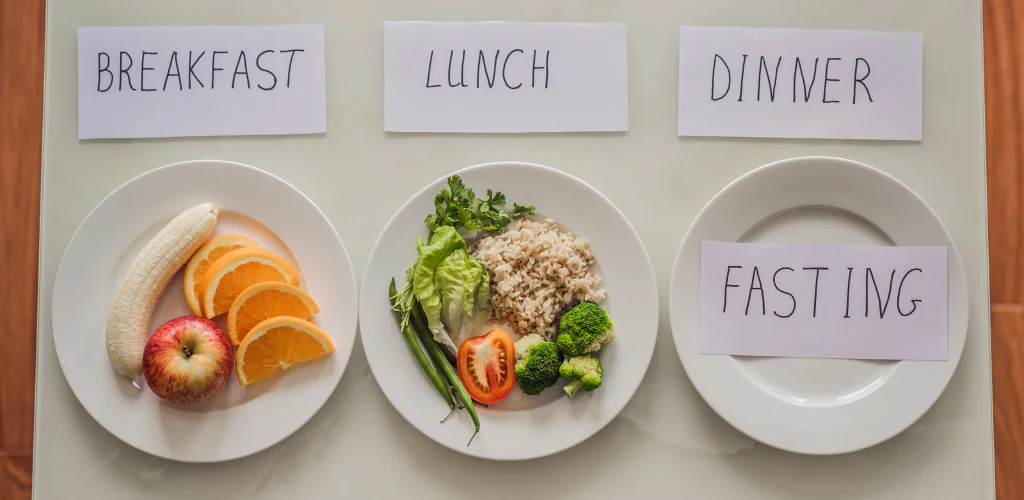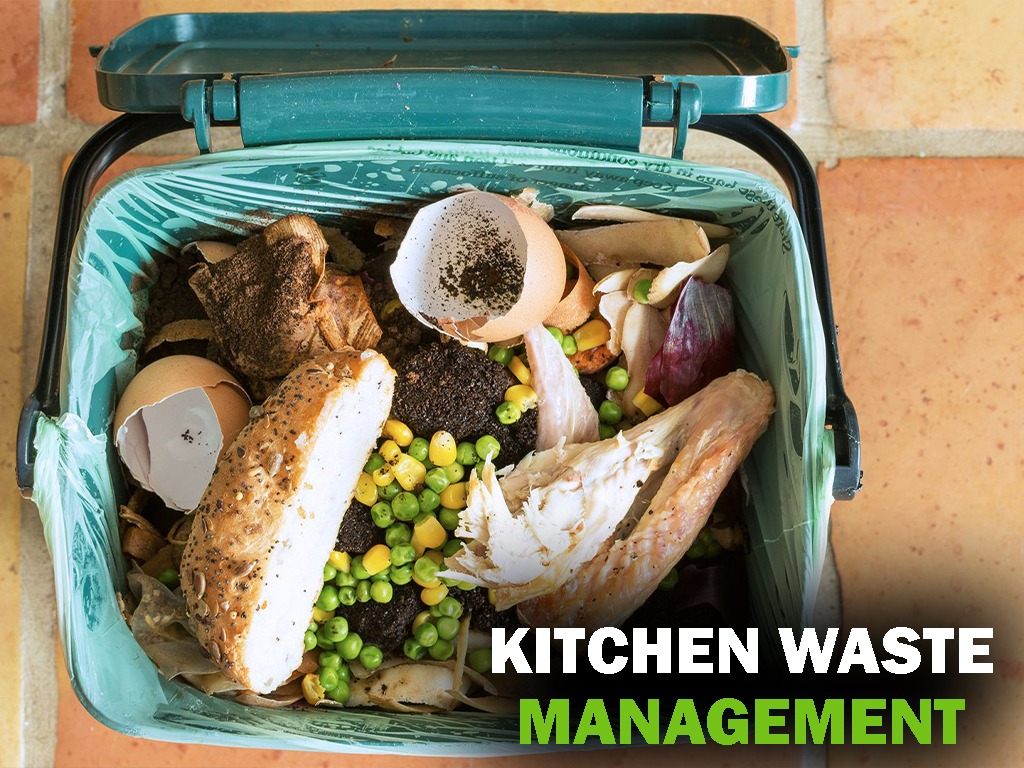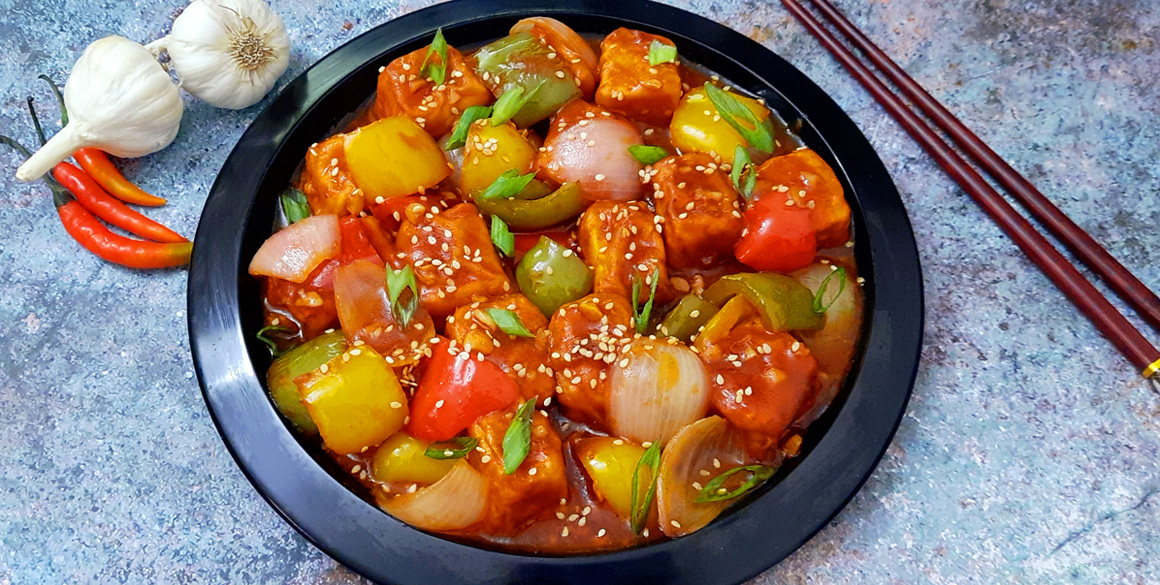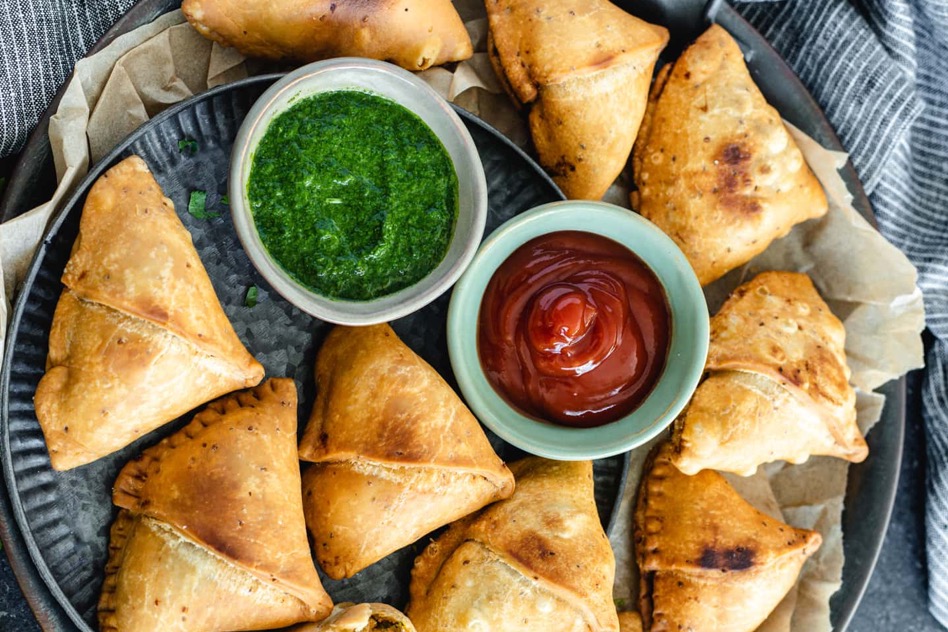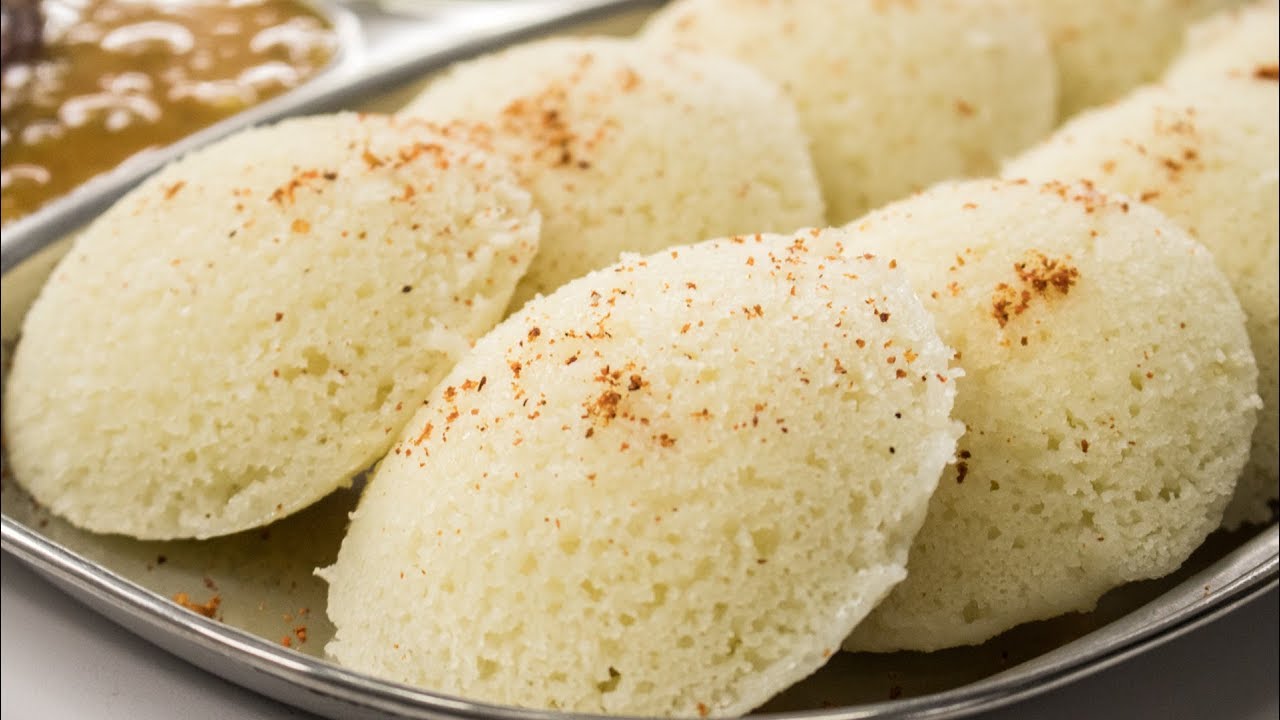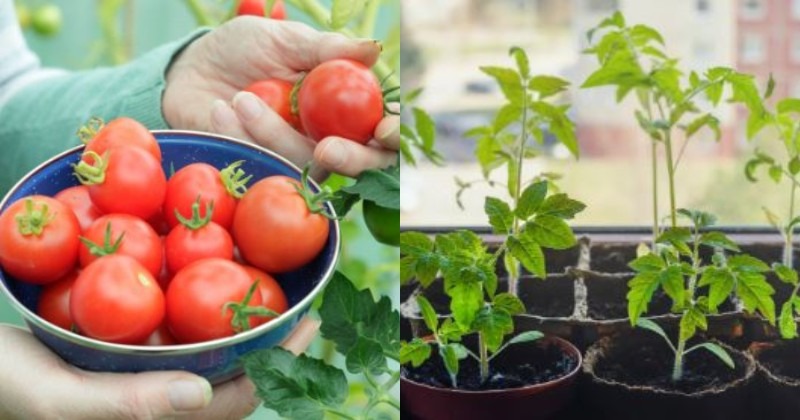Intermittent fasting is becoming popular across the world. Many people in India are also trying it for health, weight management, and better digestion. When combined with a vegan diet, it can be a powerful way to improve overall wellness. But it needs proper planning so your body still gets enough nutrition.
This guide explains how intermittent fasting works, how it can fit into a vegan lifestyle, and the right way to do it in the Indian context.
What is Intermittent Fasting?
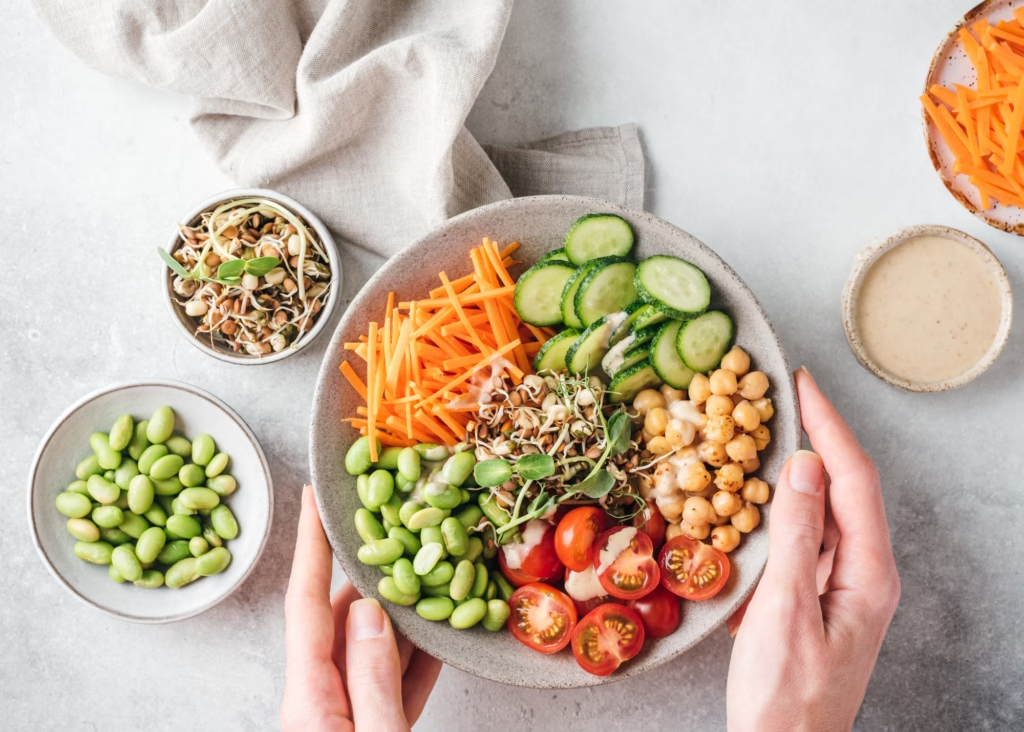
Intermittent fasting (IF) is an eating pattern where you switch between periods of eating and fasting. It is not a diet plan that tells you what to eat but rather when to eat. During the fasting hours, you consume little or no calories. During eating hours, you focus on balanced and nutritious meals.
Some popular methods include:
- 16/8 method: Fast for 16 hours, eat during an 8-hour window.
- 5:2 method: Eat normally for 5 days, limit calories to 500–600 on 2 days.
- Alternate-day fasting: Eat one day, fast the next.
- OMAD (One Meal A Day): Eat all your calories in one meal.
Also Read Stop Food Waste Now: Easy and Practical Tips for Every Indian Home
Why Combine Intermittent Fasting with a Vegan Diet?
A vegan diet avoids all animal products and focuses on plant-based foods. When done right, it is rich in fibre, vitamins, and antioxidants. Combining it with intermittent fasting can help you:
- Improve digestion and gut health.
- Reduce bloating and inflammation.
- Manage weight more effectively.
- Increase mental clarity and focus.
- Support heart health and reduce the risk of lifestyle diseases.
However, vegans need to pay extra attention to nutrients like protein, vitamin B12, iron, calcium, and omega-3.
Benefits for the Indian Audience
For Indian lifestyles, intermittent fasting with vegan food can be easier than you think. Many traditional Indian meals are naturally plant-based and nutrient-rich. Lentils, beans, vegetables, millets, and nuts are perfect for this approach.
Other benefits include:
- Fitting easily with traditional fasting days (like Ekadashi, Navratri, Ramadan).
- Lower grocery costs due to focus on seasonal vegetables and grains.
- Better alignment with Ayurveda principles of eating at the right times.
Planning Your Vegan Intermittent Fasting Schedule
Step 1: Choose Your Fasting Window
If you are a beginner, start with a 12/12 method (fast for 12 hours, eat in 12 hours). Gradually move to 14/10 or 16/8. For example, if you have your first meal at 10 AM, your last meal should be by 6 PM.
Step 2: Plan Balanced Meals
In your eating window, include:
- Protein sources: Lentils (dal), chickpeas, kidney beans, tofu, tempeh, soy milk, peanuts, quinoa.
- Healthy fats: Nuts, seeds (chia, flax, sesame, sunflower), avocado, coconut.
- Complex carbs: Brown rice, millets (ragi, jowar, bajra), whole wheat roti, sweet potatoes.
- Fruits and vegetables: Seasonal and colourful options for maximum nutrients.
- Fermented foods: Idli, dosa, dhokla, sauerkraut, kombucha for gut health.
Step 3: Stay Hydrated
Drink water throughout your fasting hours. You can also have herbal teas, lemon water (without sugar), and black coffee (without milk).
Sample Indian Vegan Intermittent Fasting Plan (16/8)
Fasting Window: 8 PM – 12 PM
Eating Window: 12 PM – 8 PM
12 PM (First Meal):
Brown rice, rajma curry, cucumber salad, lemon water.
3 PM (Snack):
Roasted chana, fruit bowl with papaya, watermelon, and pomegranate.
6 PM (Evening Snack):
Oats upma with vegetables, coconut chutney.
7:30 PM (Last Meal):
Millet roti, mixed veg curry, spinach dal.
Tips for Success
- Start slow: Don’t jump into long fasting hours immediately.
- Avoid junk vegan foods: Plant-based doesn’t always mean healthy. Avoid excess fried snacks and sugary items.
- Listen to your body: If you feel dizzy or weak, shorten your fasting window.
- Take supplements if needed: Vitamin B12 and omega-3 supplements can be important for vegans.
- Meal prep: Plan meals in advance so you don’t end up eating whatever is available.
Possible Challenges and How to Overcome Them
Hunger in the beginning: This is normal. Your body will adjust in 1–2 weeks. Drink water to help.
Low energy levels: Add more complex carbs and good fats to meals.
Nutrient deficiency risk: Track your food and consider regular health check-ups.
Intermittent Fasting Safety in Indian Context
- Pregnant or breastfeeding women should avoid strict fasting.
- People with diabetes, blood pressure, or other medical issues should consult a doctor.
- Avoid fasting during extreme heat if you are prone to dehydration.
- Break your fast gently with light, hydrating foods before having heavier meals.
FAQs
Q. Can I do intermittent fasting every day?
Yes, but start with smaller windows and see how your body reacts.
Q. Is black tea or coffee allowed during fasting?
Yes, without milk or sugar.
Q. Can I work out while fasting?
Yes, but start with light exercises like yoga or walking.
Q. Will I lose muscle on a vegan intermittent fasting plan?
Not if you eat enough protein and stay active.
Q. What’s the best time to fast in India?
Usually overnight fasting works best, as it aligns with your body’s natural rhythm.
Final Thoughts
Intermittent fasting on a vegan diet can be a healthy and sustainable lifestyle choice for many Indians. It encourages mindful eating, improves digestion, and supports long-term health goals. The key is to plan your meals carefully to get all essential nutrients, stay hydrated, and listen to your body.
With patience and consistency, this combination can help you feel lighter, more energetic, and healthier — without giving up your favourite plant-based foods.

